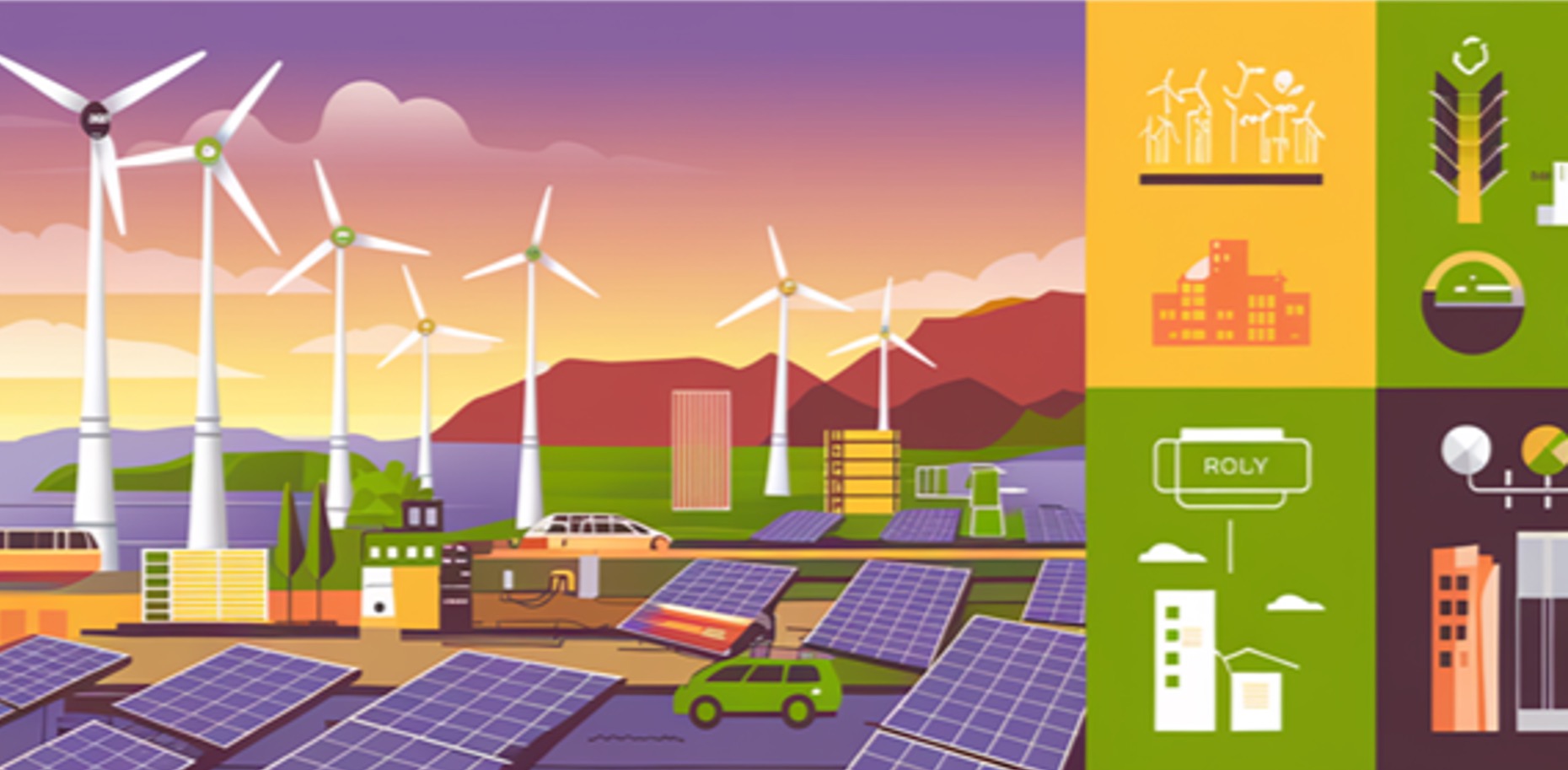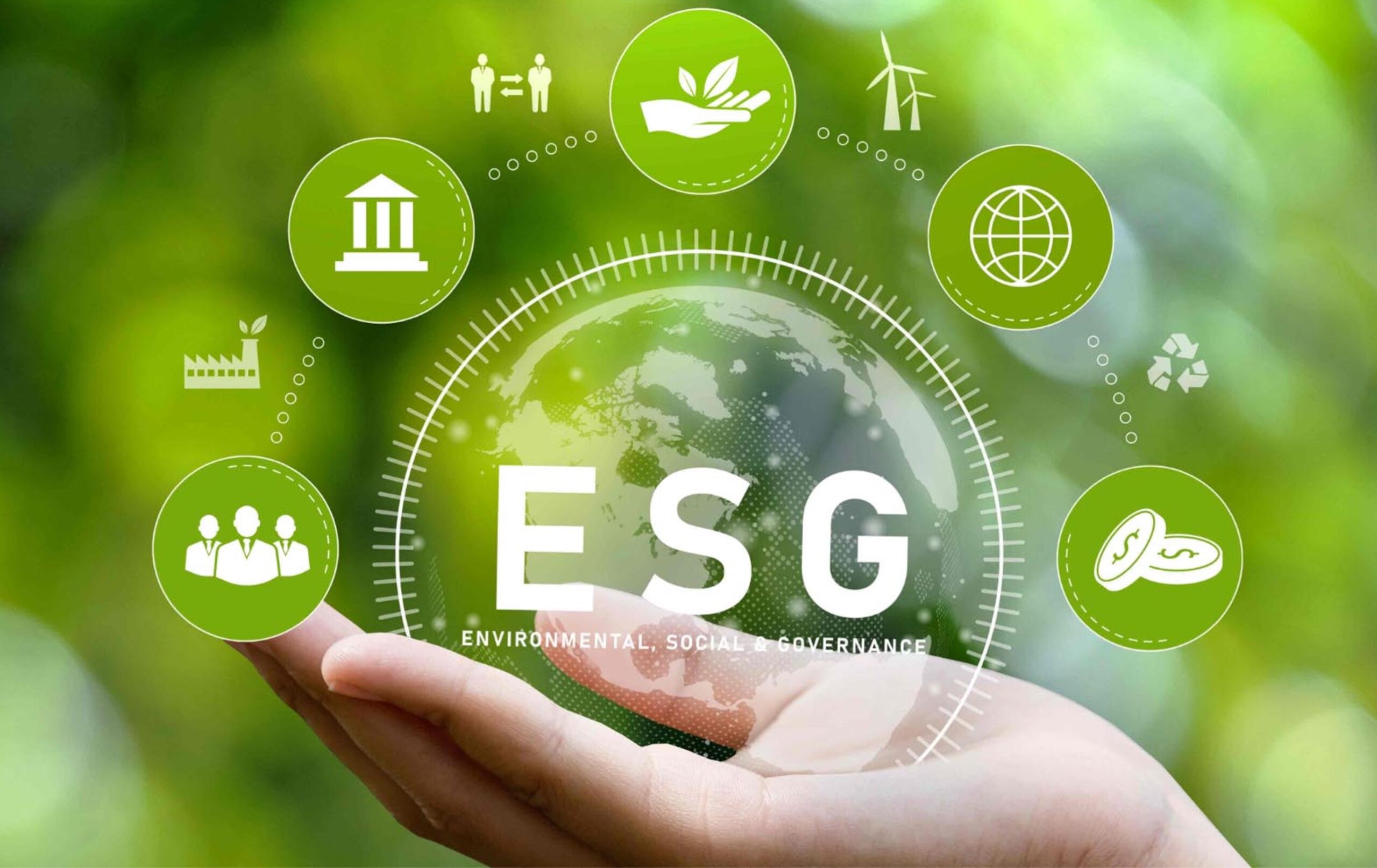
The UK Government’s commitment to the clean energy superpower Mission by 2030 is not solely about addressing climate change through decarbonisation; it also represents a significant business and economic growth opportunity. McKinsey has forecasted that this transition could create a £1 trillion market for British businesses by 2030. For forward-thinking leaders, particularly those in the ICT sector, this is a chance to expand, innovate, and secure long-term growth.
Why This Matters Now
Ensuring that the UK becomes a clean energy superpower is now central to the nation’s industrial and economic strategy. The shift towards the clean energy Mission as a key enabler of the UK’s net zero transition is driving demand for innovative solutions across energy systems, industrial processes, and digital technologies. Businesses equipped with the right tools and ideas can help lead this transformation while benefiting from the growth it will generate. However, some enterprises may not yet be fully aware of this emerging opportunity.
Digital Innovation: Core Opportunities
For digital technologies, the move towards the clean energy Mission and the decarbonisation of the UK economy creates several distinct openings. Three key areas stand out:
1. Redefining Energy Infrastructure
Integrating renewable energy sources such as wind and solar into the grid introduces challenges like curtailment—when turbines or solar panels generate more electricity than the grid can handle, resulting in wasted energy. This occurs because the current electricity grid infrastructure was not designed to accommodate the distributed, variable nature of most renewables. Solving curtailment unlocks multiple opportunities, including: Developing storage solutions (e.g., batteries or hydrogen systems) to capture and store surplus energy, ensuring it can be utilised when demand increases. Creating energy management platforms to optimise how and where renewable energy is deployed.
To fully utilise renewables and meet growing energy demands, the grid itself must undergo significant upgrades:
- Building smart grids capable of balancing supply and demand in real time across millions of distributed energy resources.
- Deploying real-time monitoring and analytics to integrate storage systems, flexible loads, and renewable sources more effectively.
- Ensuring secure, reliable communications for managing critical infrastructure.
Businesses that pioneer innovative solutions in storage, grid optimisation, and renewable integration will play a pivotal role in transforming the UK’s energy systems.
2. Cross-Sector Transformation
The clean energy Mission will influence operations in every sector. For example:
Smart buildings:Intelligent systems can reduce waste and improve efficiency.
Transport systems:Cleaner, more efficient transport networks leverage digital innovations like advanced traffic management software and electric vehicle charging platforms.
Food and agriculture:Clean energy can power smarter farming systems, enhance supply chain efficiency, and reduce emissions in food production.
Water management: Treating and transporting water is energy intensive. Digital tools can optimise energy use in water infrastructure, making it more efficient and sustainable.
These examples illustrate how the clean energy Mission is reshaping entire industries. Businesses that adapt their technologies to these evolving needs will gain a competitive edge. Identifying the areas of greatest potential savings and efficiency gains will be crucial for anticipating market demand.
3. Energy-Efficient ICT and Wireless Networks
While digital technology propels the clean energy transition, ICT infrastructure must also become more energy-efficient. Key focal points include: Optimising AI and data analytics to reduce the energy costs of computational processes. Employing low-energy, advanced wireless networks (such as 5G) with minimal environmental impact. Designing more efficient data centres and storage systems to lower energy consumption and emissions.
By addressing these challenges, businesses can not only support the clean energy Mission but also enhance the sustainability of their own operations.
Positioning Your ICT Business for Success In The Clean Energy Market
As you consider entering this rapidly expanding market, you may need to:
- Understand the Landscape Engage with experts and regional innovation hubs to gain clarity on the clean energy ecosystem. Study government policy priorities and investment streams to identify where opportunities align with your organisation’s capabilities.
- Build Partnerships Collaborate with established players in the clean energy sector to add credibility and expertise. Work alongside software developers or systems integrators already deploying clean energy solutions to integrate your technology into net zero-enabling applications.
- Adapt Your Technology Assess how your existing products or services could address specific challenges, including energy reduction in ICT infrastructure.
- Access Funding and Support Utilise government grants, technical validation centres, and innovation programmes to accelerate your efforts. Develop relationships with funders and industry leaders to strengthen your position in the market.
Three Key Questions for ICT Business Leaders
As the transition towards the clean energy Mission and decarbonisation accelerates and touches every part of the UK economy, ICT businesses may consider the following questions to guide their strategy:
- 1. Which sectors align best with your expertise?
Identify industries where your current capabilities can deliver immediate value.
- 2. How can partnerships and collaborations help you enter this market?
Working with clean energy experts, government initiatives, and technology partners can reduce barriers to entry and open doors to growth opportunities.
- 3. What steps can you take to adapt your technology and improve your impact?
Tailor your solutions to meet the specific needs of the clean energy market, from reducing ICT energy use to enabling smart grids and energy storage systems.
By answering these questions, ICT leaders can chart a clear path into this evolving sector while contributing to global decarbonisation efforts. Aligning innovation with the clean energy Mission can drive both business growth and meaningful contributions to organisational sustainability goals.
Your opportunity lies in creating value for stakeholders while supporting a cleaner, more sustainable economy.






